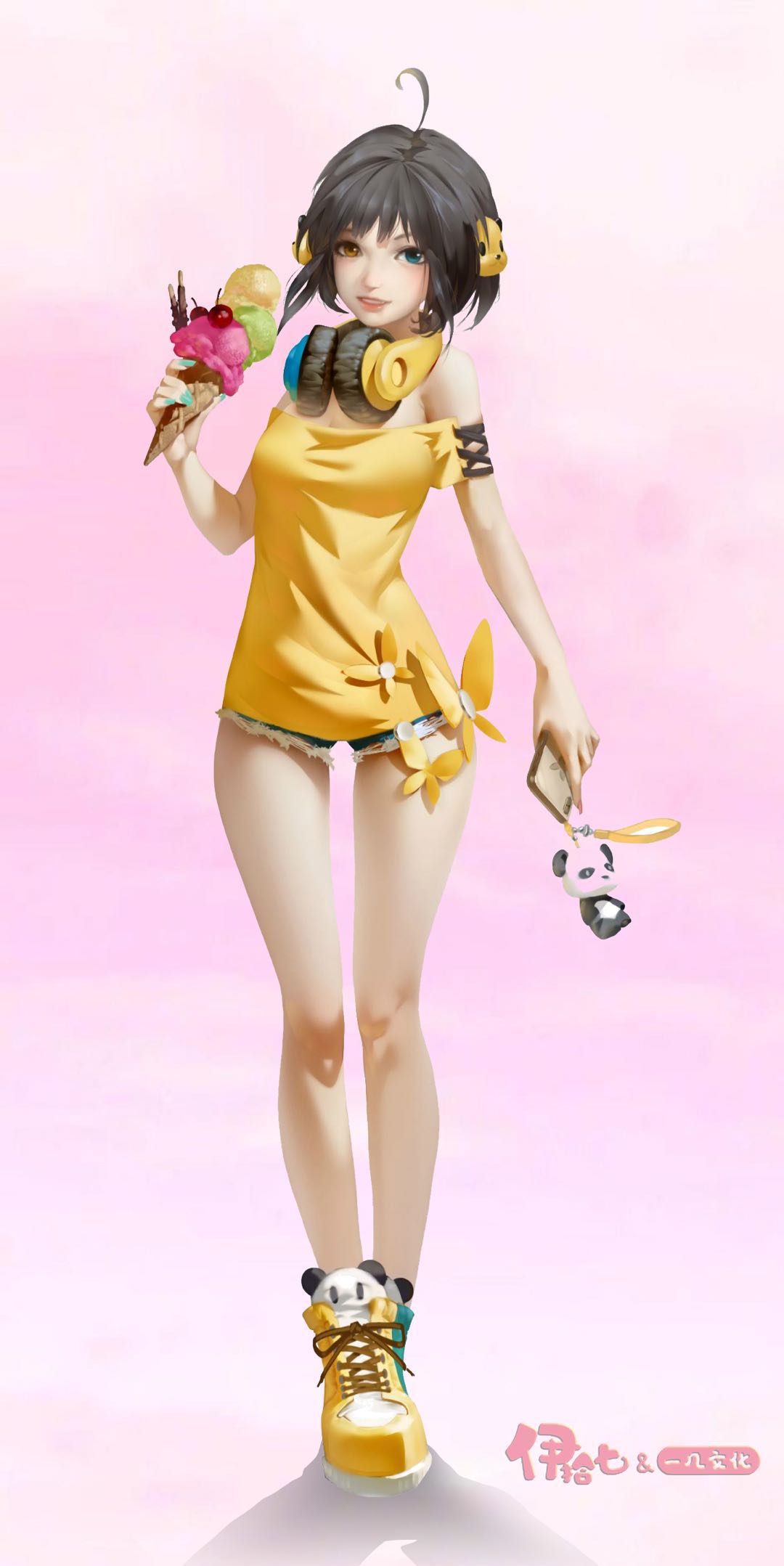Influencing the future


"Virtual idols are not real humans, but they have a large number of followers, which indicates that a market with a huge potential is emerging," notes a consumption trend report by the Trends Bigger consultancy in Beijing.
The February report showed that nearly 70 percent of its respondents keep an eye on the latest developments in the virtual idol market.
Unlike human influencers who will get old, or may get embroiled in a scandal of some sort, digital influencers are young, flexible, manageable and controllable, which makes them the perfect idol, according to the report.
So far, Luo has collaborated with at least 12 brands, including US fast-food chain KFC, Switzerland's food manufacturer Nestle, American household goods giant Procter & Gamble and homegrown skin care brand Pechoin.
"Luo is a predecessor in this sector, which sets a good example and is something we can learn from," Song admits, adding that, while Yi is more like an actress now, her plans to go to music school means that she might one day hit the stage, like Luo, to tap the country's huge ACG (anime, comics and game) culture market.
Before that, however, Song is busy preparing for Yi's debut livestream.
IQiyi statistics showed that thanks to the fast development of the internet and social media, the country's ACG fan base reached 490 million by the end of last year, a number that is expected to grow steadily in the coming years.
Citic Securities estimated that the subculture market's value will reach 210 billion yuan by 2022.




































